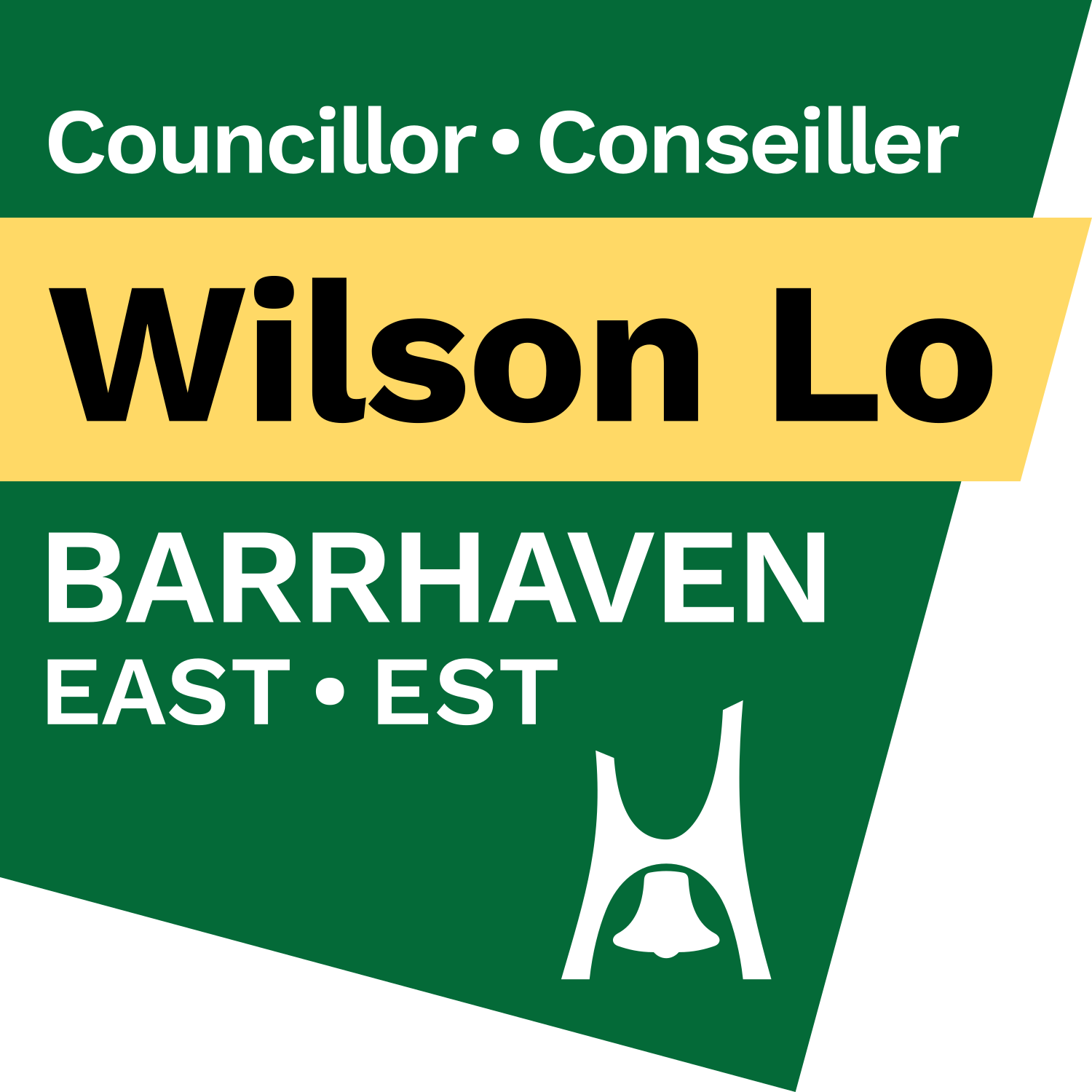Weekly newsletter: February 20, 2024
Hello,
I hope you had a great family day yesterday. Let’s talk garbage: The city-owned Trail Waste Landfill site could be full by 2034 if we do nothing about it.
City staff say we can prevent that with a “Zero Waste Ottawa” vision, which can be “achieved through progressive, collective and innovative action” – whatever that means.
The Solid Waste Master Plan spells this out for waste that the city manages from curbside, multi-residential homes, city facilities, and parks and public spaces. It will help us manage the growing amount of waste driven by Ottawa’s increasing population and in consideration of the limited remaining capacity at the Trail Waste Landfill site – all this while keeping costs affordable.
It’s a 30-year plan that provides direction for the short (0-5 years), medium (6-10 years), and long-term (11 years+) future on how to decrease our waste and divert as much of it as possible from the landfill, recover resources and energy from what’s left, and to dispose of the rest in a safe and environmentally sustainable way.
The Waste Plan has five major objectives, each with multiple actions proposed.
The first is to maximise the reduction and reuse of waste. The actions proposed are initiatives to avoid, reduce, and reuse waste, divert more food waste from the garbage bag to the green bin, and increase diversion through more special waste depot events.
The second objective is to maximise the recycling of waste by separating more of our waste at the source (multi-residential buildings, city facilities, parks, and public spaces). Not to mention, it would look at more diversion of residential construction and demolition waste, including bulky items, hazardous waste, and creating sustainable development initiatives.
The third objective aims to maximise the recovery of waste and energy through the optimal management of the remaining garbage. What does that mean, exactly? It proposes initiatives for anaerobic digestion and/or co-digestion which could happen by separating the collection of leaf and yard waste, looking at waste recovery and/or treatment facility, and landfill gas (methane) management.
The fourth objective is to maximise operational advancements through pilot projects for alternative collection containers and automated cart collection for curbside garbage. It could also include using RFID technology on waste containers, reviewing the Yellow Bag Program for small businesses, and working toward a zero emissions solid waste fleet.
The last objective, but certainly not least, is to develop a “Zero Waste Culture” across the city through promotion and education and the creation of a circular economy... One day.
So, what can you do about it? Well, you can help shape the City’s Waste Plan without even leaving the house. The online survey is live until March 7 at Ottawa.ca/WastePlan. There are also two virtual information sessions you can attend on February 29 and on March 6 from 6:30 pm to 8:30 pm.
If you prefer, you can attend an in-person open-house consultation:
Friday, February 23: Cardel Recreation Complex, from 7 pm to 9pm
Monday, February 26: Tom Brown Arena, from 7 pm to 9 pm
Monday, March 4: Ray Friel Recreation Complex, from 6:30 pm to 8:30 pm
Your feedback will help inform Council’s decision on the Solid Waste Master Plan.
The results of the public consultations and the final recommendations will go to Council in the spring for approval. Once approved, the city will update the plan every five years.
Have a great week!
-Wilson


